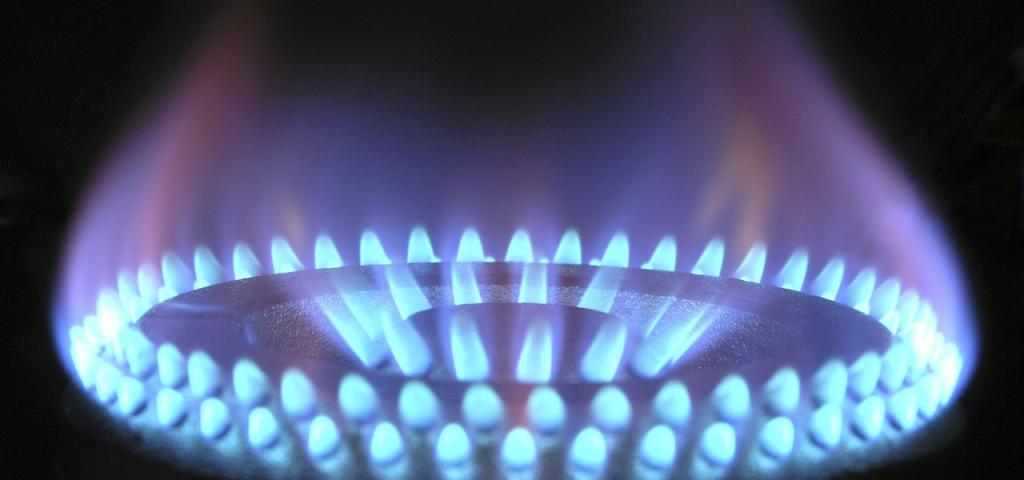Can you remember the last time your property had a Gas Safety Check?
How long have you been living at that property?
Three years? Five years? Maybe longer?
If you can't remember the last time you had a gas safety check, not only is that bad practice, it's also very dangerous. A gas safety check is essential to your safety and those you live with.
Why Should You Care?
Gas safety is one of the worst things to be ignorant about. That ignorance can be costly.
An unchecked gas appliance can be dangerous and leaking carbon monoxide (CO) without you knowing it. Unlike other substances, you can't see it or even smell it but it can be highly damaging to your health and even fatal. It claims about seven lives every year.
There are various symptoms to watch out for. The following could be signs of a carbon monoxide leak in your home:
-
Lazy yellow or orange flames on your cooker, rather than a crisp blue flame
-
Dark staining around or on your appliances
-
Pilot lights that frequently blow out
-
Increased condensation inside your windows
To prevent this risk in the first place, it's recommended that you carry out a gas safety check every year.
What is a Gas Safety Check?
During a gas safety check, a Gas Safe registered engineer will inspect your gas appliances and fittings to make sure they're safe and operating like they should.
The engineer will check that:
-
Gas appliances are on the right setting and burning correctly with the correct operating pressure
-
Harmful gases are being removed from the appliance safely to the air outside
-
Any ventilation routes are clear and working properly
-
All the safety devices are working
If you’re a landlord, you have a legal duty to ensure your tenants safety by doing this on a yearly basis.
As a homeowner, you don't have the same legal obligation but it's still highly recommended that you do this once per year.
Appliance manufacturers also recommend that appliances are serviced once every year.
Whilst a gas safety check will cover the basic safety of the appliance (according to the criteria set out above), a service will be more comprehensive. It will involve a more thorough inspection of the appliance including checking that the installation pipework, air vents, and flues are still in good condition. Overall a service will make sure that your appliance is both safe and working at peak performance.
How Do You Carry Out a Gas Safety Check?
A gas safety check should only be undertaken by a Gas Safe Registered engineer. This is a legal requirement. You can find a Gas Safe Engineer by visiting the Gas Safe Register.
Registered engineers are qualified to work safely and legally on gas appliances and fittings. If you use a non-registered engineer, you could be putting yourself at risk since you have no way of guaranteeing the quality of the work done.
If you're a homeowner and are on means tested benefits, you could probably get a free gas safety check if you meet the following conditions:
-
You're of pensionable age, disabled or chronically sick and either live alone or with others who are all of pensionable age, disabled, chronically sick or under 18
-
You're living with others where at least one is under 5 years old
-
You haven't had a gas safety check carried out at the premises in the last 12 months
-
You don't live in a property where a landlord is responsible for arranging a check
If you fit that bill, you should get in touch with your gas supplier who can give you more information.
What Happens After Your Check?
Once an engineer has completed your check, they'll likely give you a record of the check and any remedial action taken. This record will normally include details of the person who undertook the check, where the the check was undertaken (with dates and descriptions of the appliances checked), as well as details of any repairs they've done.
It's a good idea to schedule the next annual check before the engineer leaves. The last thing you want is to forget to call them up again when the next year rolls around. A good gas safe engineer will also give you a certificate, explain the work to you and get you booked in for your next check promptly.
With the points outlined above, you have all the information you need to keep your household gas safe. Of course you can't foresee or prevent all potential disasters but with the information above, you can definitely reduce the risk of carbon monoxide poisoning or any other gas related disasters.
For registered gas safe engineers check out our local plumber listings.
Gas Safety Checks
Landlords Gas Safety Check
Boiler Servicing
Plumber Bristol





